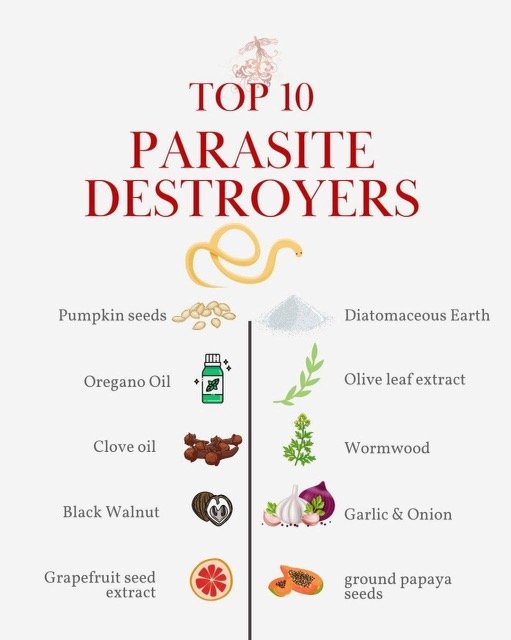By: Karen Cino, Naturopathic PhD, CNHP, Master Herbalist and Advanced Digestive Health Specialist
When was the last night you had a great night’s sleep? Can’t remember? You’re not alone.
Nearly half of all Americans have trouble sleeping. In fact, the Center for Disease Control describes insufficient sleep as a public health epidemic. When lack of quality sleep becomes chronic, it can lead to significant health problems including heart disease, diabetes and obesity.
To catch better zzz’s, most of us head down to the drugstore or the vitamin shop to buy some relief. We stare at the countless sleep remedies lining the shelves and wonder which one actually works. So we randomly grab one, head home and hope for the best.
Armed with a little insight, we can make a better choice. When struggling with sleep issues, it’s important to understand why we can’t sleep. The pattern of sleep gives us clues to the source of the problem.
Can’t Fall Asleep:
If you crawl into bed only to stare wide-eyed at the ceiling, you may need minerals. Those who have trouble falling asleep are often deficient in alkaline minerals (calcium, magnesium and potassium), which makes it hard for the body to relax. It’s common for people with this pattern to also have restless legs at night.
It could be stress. Sleep research suggests 50 percent of sleep issues are due to psychological distress, especially anxiety and depression. Other stresses to our system that will keep you from drifting off to sleep include caffeine, alcohol, food sensitivities, pain or inability to get comfortable, fear of falling asleep and, ironically, fear of insomnia. Deep breathing calms a stressed nervous system, allowing you to fall asleep.
Make a habit of going to bed when you are sleepy. Our body runs on an arousal cycle of roughly 90 minutes, where our attention waxes and wanes. When our arousal cycle is low, it is easier to fall asleep. If we push past this time, to read one more chapter, watch one more show or do one more chore, we end up in the high part of the arousal cycle and struggle to fall asleep.
Wakes After a Few Hours:
If you fall asleep easily but wake after only a few hours, you may have a problem with your adrenal glands. Supporting your adrenals with a high quality glandular or herbs such as brewer’s yeast or ashwaghanda can be helpful.
Noting the time you wake can be an important clue to understanding the cause. For example, waking every night regularly at 2 a.m. coincides with the time when the liver meridian is most active. There may be a problem with detoxification stress. Have a breathing issue may wake you between 3 a.m. and 5 a.m. when the lung meridian is most active. Addressing the underlying problem will help you sleep through the night.
Wakes Too Early:
Some people naturally need less sleep than others. So if you wake up early but feel great, you’re not suffering with a sleep issue. It only becomes a problem if you wake up early and still feel tired. This can be caused by poor sleep quality. Waking too early is common for people who suffer with depression and spend more time in REM sleep, which is a very light stage of sleep.
If you tend to wake around 4 – 5 AM and start thinking about work, the homeopathic remedy nux vomica can be very helpful. Adaptogenic herbs can be helpful to manage those stressors.
Wakes Throughout the Night/Light Sleeper:
Low blood sugar is a common cause of this pattern. A diet high in refined carbohydrates (breads, pasta and sugar) can lead to problems in blood sugar metabolism. Improving digestion and moderating diet are key to managing this issue.
Other potential causes of this poor sleep pattern are alcohol, drugs, food sensitivities, sleep apnea, restless legs, pain or discomfort. Make sure you have a good quality mattress and a pillow that properly supports your favored sleep position.
If you have more than one pattern, you may need to seek help to determine the causes behind your lack of quality sleep. Whatever your pattern suggests, look to get to the source of the problem for your best night’s sleep.





